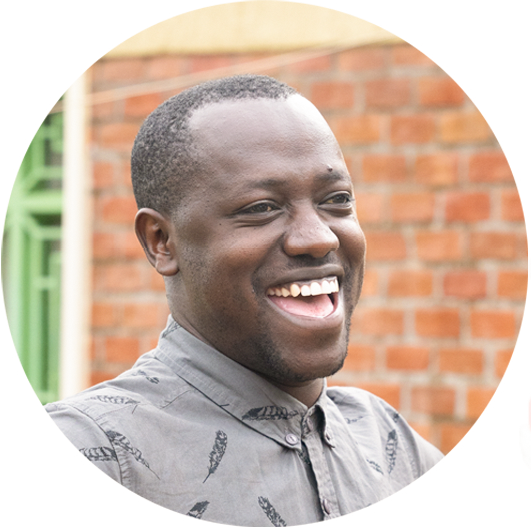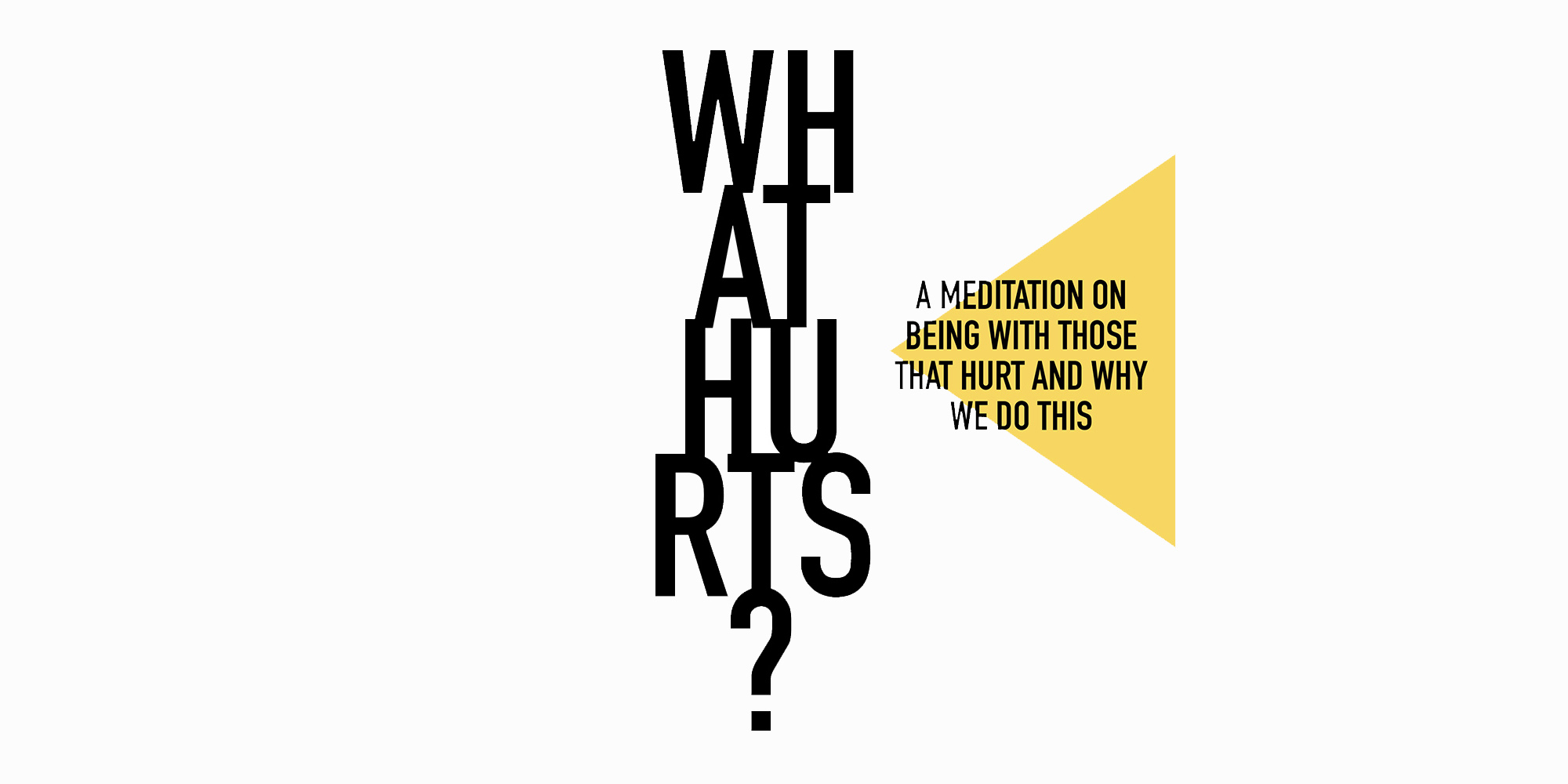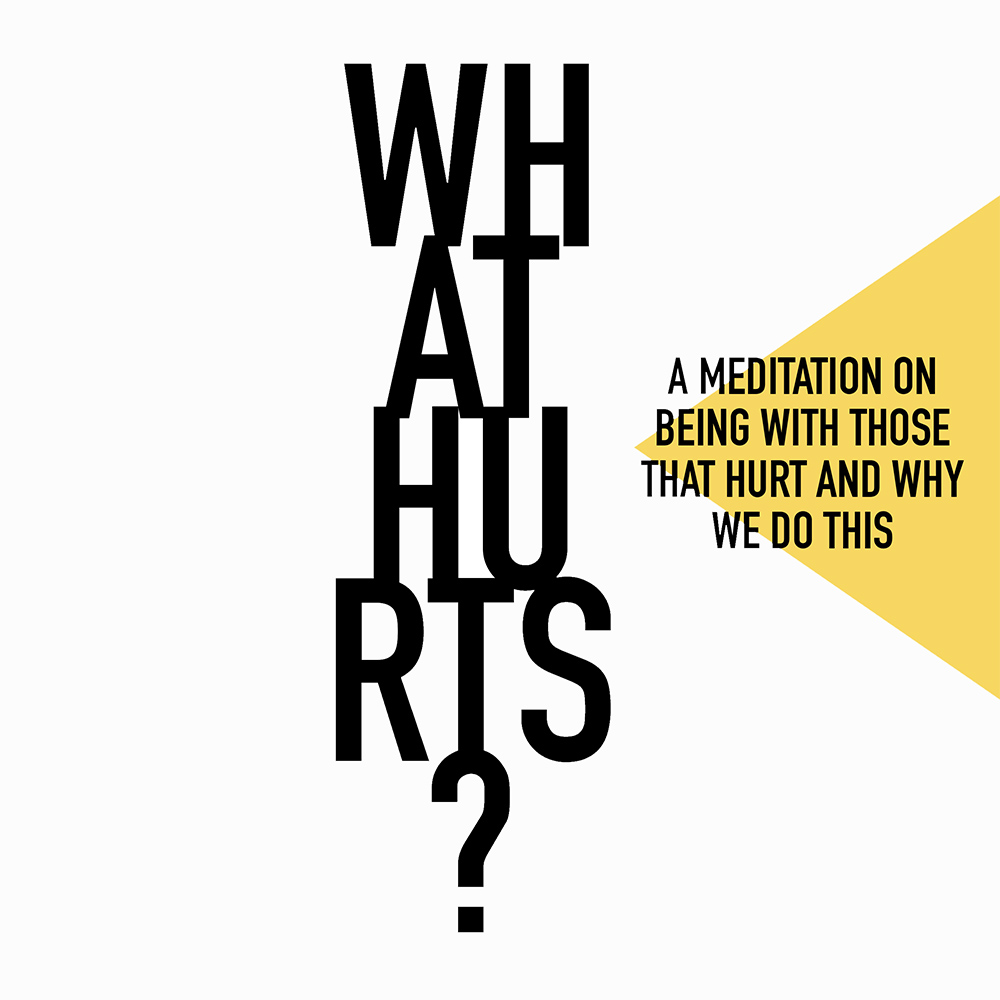The question I get asked most about Kefa is: Why? Why Rwanda? Why did a 23 year old kid decide to start a nonprofit in 2009? Why this issue?
So. Why? The Civil Rights leader Ruby Sales, who at the age of 17 marched from Selma to Montgomery, says that we must ask, “Where does it hurt?” She says that if we can answer this question, we can find the heart of what we really want. And in that question, we can find not only what we hate but also what we love. (1)
When one thinks of Rwanda, the first thing that comes to mind is the genocide in 1994. It was a genocide that killed roughly a million people and left so many more homeless, hurt, and lives in shambles. When I first came to Rwanda in 2008 the wounds were still fresh, many of the kids I initially worked with were genocide survivors. Perhaps it was the brokenness of the genocide that imprinted on my heart and held my soul. But still I think that is only a partial answer.
While the wounds of the genocide are still in Rwanda, the kids we work with now were not alive in 1994 and the need and urgency of our mission has not changed.
I think where it hurts is something more fundamentally human and of God. When I met ‘homeless children,’ I met children. Human beings. Imago Dei. Children formed with passions, talents, and dreams that had been silenced. And it hurt.
So the question became what do I love? And I think the answers are rather simple. I love children being able to be children. I love dignity – for children and their families to know they are important and worthy of respect. When we get a child off of the streets, the first thing they ask for is not food, but a shower. We all long to feel dignity. I love partnering with locals, because I believe change will come from inside communities - not outside. And ultimately, I love people feeling love – that deep kind of love we see in Jesus that called the broken, the hurting, and let them know that they are not alone.
That we are not alone.
From that ‘why’ we launched The Kefa Project. A project of Rwandans and Americans working together for the same why. It started with community soccer teams and then a boarding academy and then a women’s co-op and then dance classes and a catchup school program. The how has grown. The why has remained rooted.
The why has helped us to weather storms and disappointment.
As I reflect on Kefa, I am not sure that we have ever had a normal year. Some years we felt more in control of outcomes. But every year has been full of surprises. Some good. Some bad. Sometimes kids we had no idea existed came into our lives in extraordinary ways. Other times people we thought were devoted to the mission left.
The truth is we have never been in control of everything – or much of anything. The one thing we have been able to choose is do we live in love or do we live in fear. Different years look different, but the goal and vision remain the same. We dream of child homelessness ending, for families to be restored, and for them to experience the fullness of God’s love.
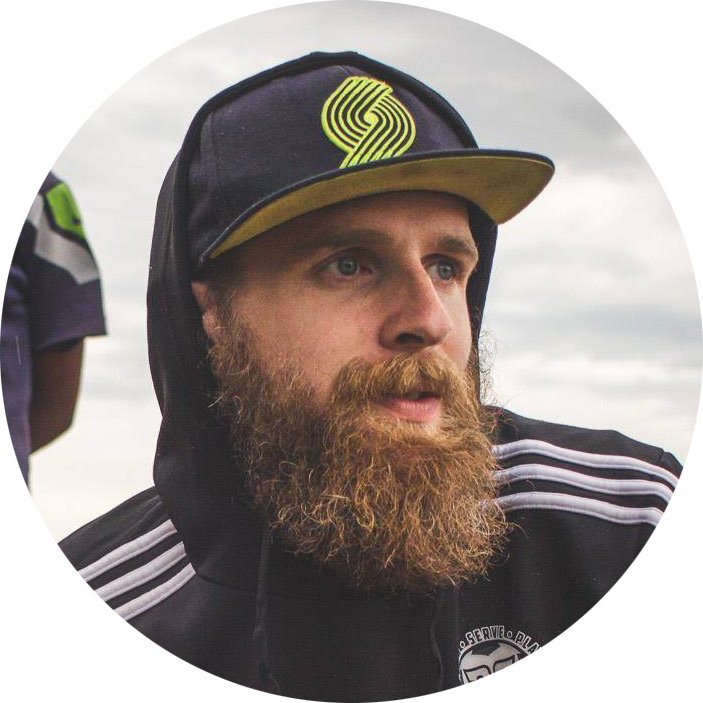
Brian Beckman
We Asked Our Executive Staff in Rwanda Why They Do This Work
"I work with children to prevent them from becoming homeless to keep them safe. We walk alongside them. We mentor them. We want to show them what our experiences were like. You know, we could have been in similar circumstances as them. We had dysfunctional families. We’ve dealt with domestic violence. And so we share those experiences with them and their families so they know they are not alone."
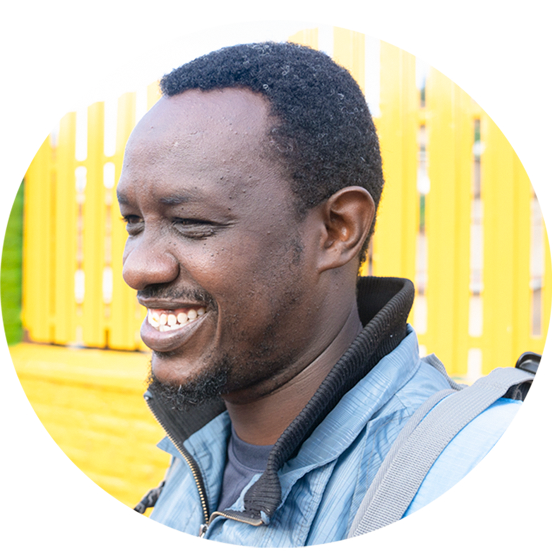
Richard Rwamahungu
"Kids that are homeless are so vulnerable and they are at a high risk to not survive. When people see them on the streets, they have different opinions of them. I really do care (about these kids) now because I know different causes and don’t judge them anymore. They steal things because they have no choice at their age, but they are not thieves at all. If they are not treated well in society, who else will do it?"
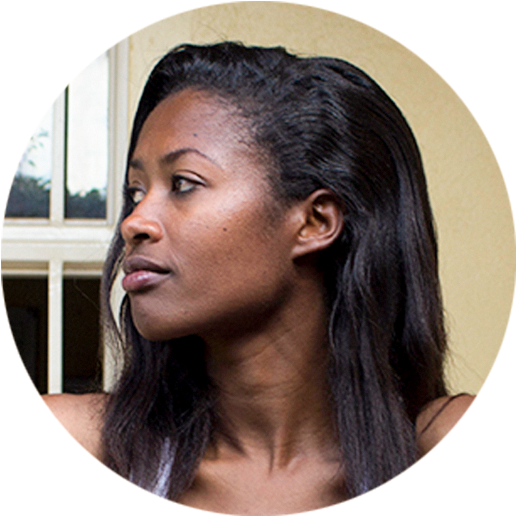
Grace Nyinawumuntu
"Personally, I work with kids who are homeless because I see them as victims of many things: Family abuse, lack of education, and other abuses. To me they are the most vulnerable in the community, but when they grow up they can change that channel so that the next generation does not face the same challenges. It is my passion. It is my calling."
